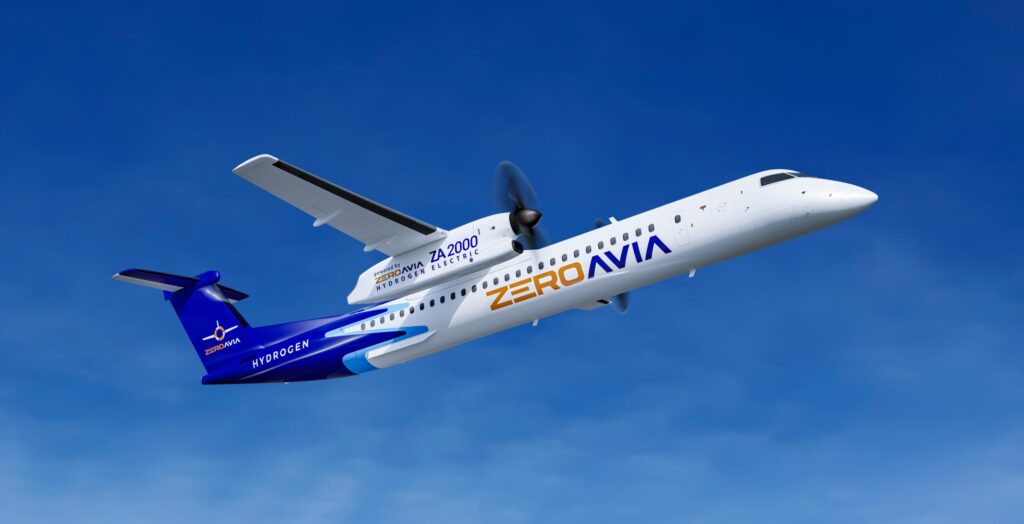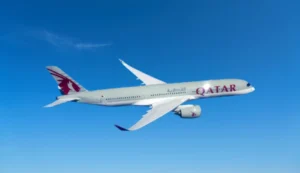ZeroAvia Gears Up for Large Turboprop Flight Tests with Hydrogen-Electric Powertrain
ZeroAvia is advancing its hydrogen-electric powertrain technology, with plans to start flight tests on large turboprops within two years, aiming for market entry by 2028.

Photo Source: ZeroAvia
ZeroAvia is advancing its hydrogen-electric powertrain, the ZA2000, through rigorous ground testing on an Alaska Airlines De Havilland Canada Dash 8-400. The company aims to start flight tests within two years.
Initially, ZeroAvia’s focus is on certifying the ZA600 powertrain for smaller commercial turboprops up to 20 seats, with certification expected in 2025 and entry into service by 2026. The company has conducted numerous test flights with three generations of ZA600 prototypes, confirming the technology’s viability.
Looking ahead, ZeroAvia plans to certify the ZA2000 engine for larger turboprops, such as ATRs and Dash 8-400s, by 2027, with entry into service by 2028. The company is also exploring a regional jet variant, the ZA2000RJ, in collaboration with Mitsubishi’s regional jet division.
ZeroAvia’s CEO, Val Miftakhov, emphasized the company’s commitment to pushing hydrogen-electric technology to market, supported by investments from industry leaders like Airbus. Despite the recent downfall of competitor Universal Hydrogen, ZeroAvia continues to progress, focusing on fuel cell design and integrating former Universal staff into its team.
Explorations are also underway for a regional jet variant, the ZA2000RJ, developed in partnership with Mitsubishi’s regional jet division. Miftakhov mentioned that ZeroAvia has confirmed the feasibility of their technologies for regional jets and is working on bringing this closer to market. Airbus, a lead investor, may utilize ZeroAvia’s technology for its ZEROe concept aircraft, expected around 2035.






